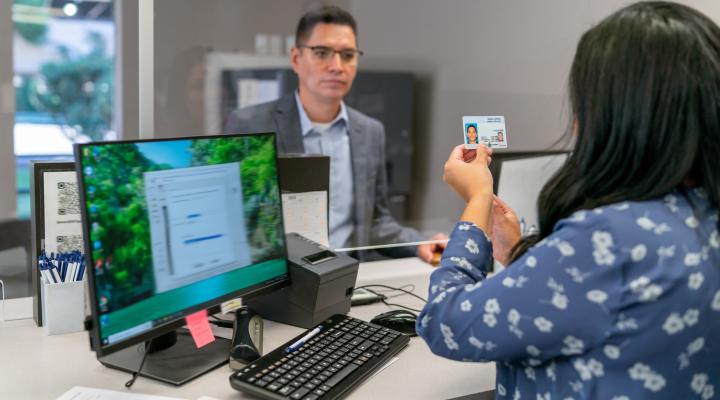Cómo obtener un documento de identidad

Whether you are documented or undocumented. Having proper identification when living in the United States is essential for various purposes, such as employment, accessing certain services, opening a bank account and more. Please note that the process and available options may vary depending on your immigration status. Let's explore the options.
Determine Your Immigration Status
Before proceeding, it's crucial to understand your immigration status. Are you documented, meaning you possess a valid visa, green card or work permit? Or are you undocumented, meaning you do not have legal immigration status? This distinction will impact the identification options that are available to you.
Types of Identification in the U.S.
Social Security Number (SSN): If you’re documented and authorized to work, you can apply for an SSN. The SSN is a unique identifier issued by the Social Security Administration (SSA). To apply, visit your local SSA office with the necessary documents, including your passport, visa, employment authorization document (EAD) and a completed SS-5 form.
Individual Taxpayer Identification Number (ITIN): If you’re undocumented, you generally cannot obtain an SSN unless you have specific work authorization (such as if you are a DACA recipient). However, some states and localities allow undocumented individuals to obtain an ITIN for tax purposes.
State-issued identification card: Most states offer identification cards that are available to both documented and undocumented residents. These cards serve as an alternative to a driver’s license and can be used for identification purposes. Some states also allow undocumented immigrants to get state-issued driver licenses. Visit your state’s Department of Motor Vehicles (DMV) or a local immigration nonprofit organization to learn about the specific requirements and application process. Typically, you will need to provide proof of identity and residency and pay a fee.
Matrícula consular: If you’re from a country that issues a matrícula consular, or a consular identification card, you can obtain it from your country’s consulate in the US. This card is widely accepted by various institutions, including banks, and can serve as a valid form of identification. Research online for your country and your current US state to learn if there is a consulate nearby and what services they offer.
Municipal ID: Some cities have implemented municipal identification programs, which aim to provide identification to all residents regardless of immigration status. These IDs may be available to both documented and undocumented individuals and can be used for local services, banking and more. Research online or through a local immigration nonprofit organization to learn if your city offers a municipal ID program and to learn about the specific requirements and application process.
Employment Authorization Document (EAD): If you are documented and have an EAD, this document can serve as identification. It is typically issued to individuals with work visas or those awaiting adjustments of status. Keep your EAD with you at all times, as it demonstrates your right to work in the United States.
Why having an ID matters
Carrying identification with you is essential for various purposes, such as interactions with law enforcement or employers. However, always prioritize your safety and know your rights. Be aware of the specific laws and regulations in your state regarding IDs.
It's important to stay updated on current regulations and policies, as they may change over time. Consulting with local immigrant advocacy organizations can provide you with the most accurate and up-to-date information.
La información que figura en www.onepercentforamerica.org tiene únicamente fines informativos generales. No debe tomarse como asesoramiento profesional ni reemplazar la orientación de un profesional.
